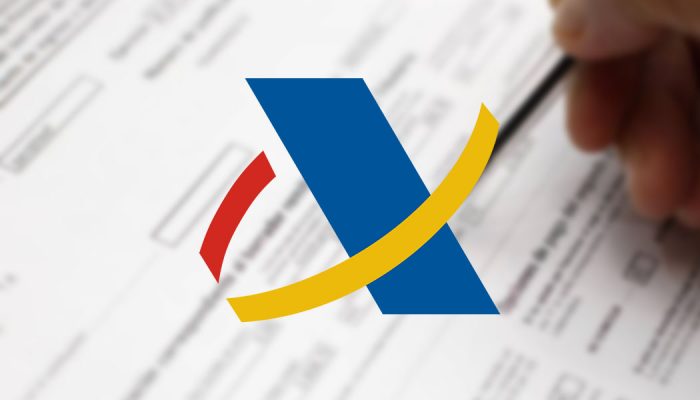This new regulation obliges the owner to register his property and guarantee some minimal requirements for the comfort of his visitors.
With the objective of avoiding fraud and shedding light on the more that 80,000 clandestine holiday rentals in Andalusia alone. The Regional government in this part of Spain, the Junta de Andalucia, has passed a new law for touristic houses.
Learn its highlights:
Who is Obliged: Houses, apartments in urban ground that are rented for holiday periods via websites, travel agency, adverts, etc… The rental is considered to be a holiday letting if guests stay for less than 2 months.
In the case of houses in the rural area ( not in the village) they may use the registration too if they do not meet the requisite for registering with their specific type of licenses available for them ( Casa Rural or Vivienda Turistica en Area Rural)
Registration: As from May,11th 2016, owners are required to register their holiday apartment in the Census of Tourism in Andalusia.
Once the registration is completed the property is assigned a license number that must be shown in every advert and promotional activity. Putting up an “for rent” sign or advertising in news papers without this number will become a risky situation since unregistered apartments will be considered clandestine.

Requisites: The law states some requisites that are necessary for the obtaining of the license.
- First-occupancy license. This is a certificate given to every building for housing that shows that it is appropriate for lodging.
- Correct ventilation. The apartment must have A/C available in living room and every bedroom from May to September, and enough heat for winter months. Every room must have windows or a system to ensure air renewal.
- A minimum of equipment: furniture, bedclothes etc.
- Cleaning services at the entrance and exit of visitors
- Medical kit
- Official complaint books
- Touristic information: map of the area, relevant places, medical center, restaurants etc.
- Telephone number available for incidences during the rental
Failing to meet these requirements can lead to an official complaint of the guest, which in turn can lead to a fine.
After registration, an allowance of 1 year will be given to those who need to undergo major reform to comply with the requisites, for instance, installing A/C or ensuring ventilation.
Contract:
The visitor must sign a contract containing personal details, the rental period, price, etc…
Number of people:
The legal maximum is 4 people per room, not surpassing 15 guests per property.
Registry of travelers: Similar to a hotel, from now on, managers have to report the name and other details of travelers, including a photocopy of every traveler’s passport to the local Guardia Civil. Additionally, These documents should be kept for 1 year, passport and copy of the contract, at the disposal of any authority who may request it.
The Law specifies that this is mainly done for public security reasons in view of the relevance that the supervision of travelers has on our current global society.
Guardia Civil communication.
Most Guardia Civil local offices will allow you to send the information online by email or other means. You need to speak personally to your local Guardia Civil to arrange with them how this should be done.
What if you are being inspected.
Inspectors might be visiting your property to check that all these requirements are being applied. In such case, he will also want to see the following documents:
- Copy of Occupancy License
- Copy of Property Deeds
- Copy of latest IBI receipt
Penalties:
Junta de Andalucia is determined to reinforce this law. At the moment they are negotiations with the major renting websites in order that they only advertise houses included in the census.
The law rules penalties of up to 18,000€ for serious faults and up to 150,000€ for very serious faults. Inspectors will be checking adverts very soon.
FAQ
1.What is considered to be a touristic apartment?
Any real estate of Andalusia located within an urban area that is offered for rent for a price determined by its owner and it is advertised through tourism channels, such as travel agencies, online platforms, etc…
This norm does not affect:
- rural houses,( casas rurales* ) ruled by its own law.
- groups of apartments owned by the same individual
- long-term holiday rentals. (longer than 2 months)
2.What if I only rented in summer (or any other season)? Should I register?
Yes. Even if you do not advertise it online.
3.How can I register my apartment?
The registration involves the filling of a “Declaration Responsable” (acknowledgment of responsibility) and presents the requested information in the Tourism Dept in your province.
In LimitConsulting we have prepared a Registration Pack that will allow you to concentrate on your rental business with peace of mind.
4.Do I have to become a self-employed? How is my business taxed?
There is no need to register as self-employed. No social security payment is required.
Tax residents declare their income annually through their tax return (RENTA)
Nonresidents need to file a tax form every quarter in which there is a rental.
5.Can I rent only a room in my own residency?
Yes. The requirements and paperwork are the same in this case. It is mandatory that the owner resides in the house. In other words, you cannot rent a property by rooms unless it is your own residency.
6.Do I have to make a contract and collect the passport of each visitor, even for 1 night?
Yes. Hotels, for example, need to send this information to local police for every booking. For the moment, all passports and booking information must be kept for one year.
*Casas Rurales is the official denomination of a sort of Bed & Breakfast in the rural area. It may offer services in the like of hotels ( food, daily room cleaning, laundry, etc…)
 Limit Consulting
Limit Consulting
